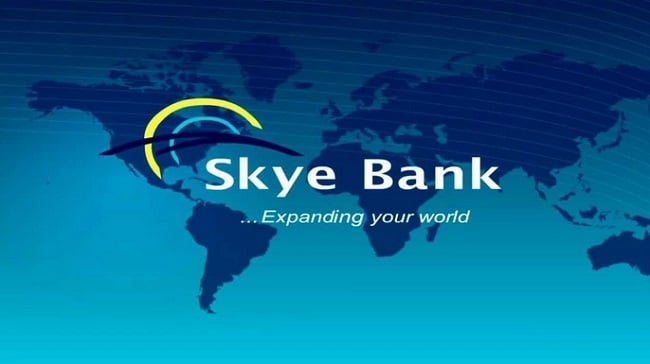The Central Bank of Nigeria (CBN) has unveiled the necessary guidelines for getting foreign exchange from deposit money banks (DMBs) for the importation of the 41 items on the forex prohibition list.
The apex bank said the 41 items, tagged “not valid for foreign exchange”, can be sought from commercial banks, but the CBN must be in the loop on how the bank itself sourced the forex to be sold.
In its monetary, credit, foreign trade and exchange policy guidelines for 2016/2017 fiscal years, signed by Godwin Emefiele, its governor, CBN insisted that such forex must not be from interbank forex market.
“All Forms ‘M’ to be registered on the Nigerian Single Window for Trade portal for items classified by CBN as ‘Not Valid for Foreign exchange’, should be accompanied with the following documents in addition to other regulatory permits where applicable:
Advertisement
“Proforma invoice from the supplier, Insurance certificate (marine/cargo), written confirmation from the Authorised Dealer Bank stating the source of funds including any documentary evidence.
“In addition, Authorised Dealers are required to forward hard copies of Forms ‘M’ relating to all items ‘not valid for foreign exchange’ and the documents indicated above to the Director Trade and Exchange Department, Central Bank of Nigeria, Abuja for necessary approval before validation.”
YOU CAN NOW OPEN ACCOUNT WITH ZERO NAIRA
Advertisement
CBN also mandated commercial banks to allow for zero balance in new accounts, to ensure an inclusion of more persons into the Nigerian financial net.
“Maintenance of Savings and Current Accounts The CBN shall continue to encourage banks to improve their deposit mobilization efforts.
“In line with the financial inclusion initiative, banks shall be required to allow zero balances for opening new bank accounts so as to make banking services accessible to the unbanked public.
“Accordingly, banks are encouraged to develop new products that would improve access to credit and simplify their account opening processes, without compromising the Know-Your-Customer (KYC) requirements.”
Advertisement
Add a comment







